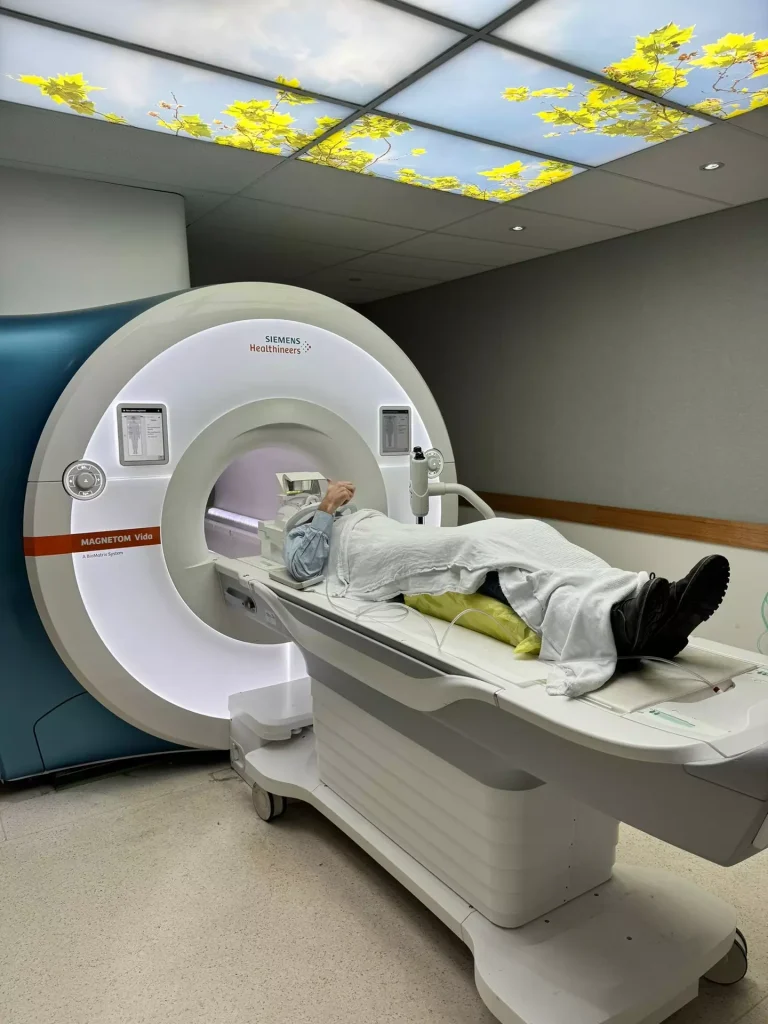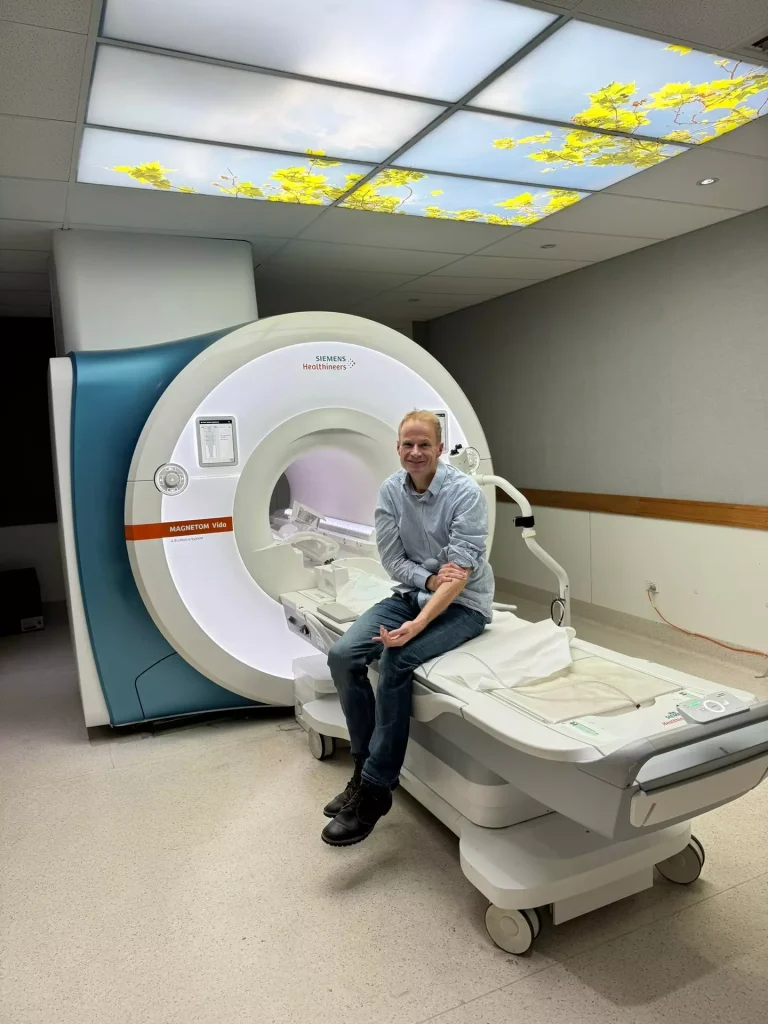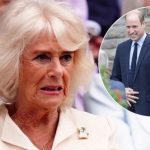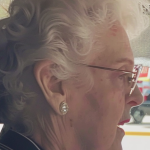A doctor has provided an update one year after becoming the first person to receive a groundbreaking treatment for his terminal brain cancer.
Richard Scolyer, a globally recognized Australian pathologist, was diagnosed with glioblastoma, a rare and aggressive brain tumor, at the age of 56. Last year, he underwent an experimental therapy based on his own pioneering work in melanoma research. The treatment, initially used to combat skin cancer, was administered as part of a combination approach involving immunotherapy, surgery, radiotherapy, and a personalized vaccine.
Professor Scolyer, who co-directs the Melanoma Institute Australia, had previously contributed to advancements in melanoma treatment by combining immunotherapy with surgical removal of tumors. This method had shown success in curing some patients, but had never been applied to brain cancer. Despite the risks, Scolyer made the decision to be the first to trial the therapy for glioblastoma, effectively becoming ‘patient zero.’
According to The Brain Tumour Charity, glioblastoma has a grim prognosis, with an average survival time of just 12-18 months. Only 25% of patients survive beyond one year, and just 5% make it past five years. Now, after a year of treatment, Scolyer has shared the results of his scans, providing a hopeful update on his condition.

On May 13, the doctor updated his followers on his cancer journey through a post on his X account.
The post includes two photos: one of him lying down, preparing for an MRI scan, and another where he’s sitting up on the table, smiling at the camera.
He captioned the images: “Last Thursday, I had a brain #MRI to check for signs of recurrent #glioblastoma or any treatment complications. I received the great news yesterday that there’s no sign of recurrence.”
“[…] I’m so grateful for the amazing team taking care of me, especially my wife Katie and my wonderful family!”

The scan, marking one year since his treatment, showed no evidence of the cancer returning.
In a follow-up with the BBC, he admitted that he felt “more nervous” about this particular one-year scan than any previous ones, but was “absolutely thrilled and delighted” with the outcome.
Though the doctor acknowledges that the successful scan doesn’t mean his brain cancer is cured, he finds comfort in knowing that it hasn’t returned yet, allowing him more time to cherish life with his wife and children.
Prof Scolyer concluded with, “[I] couldn’t be happier.”

